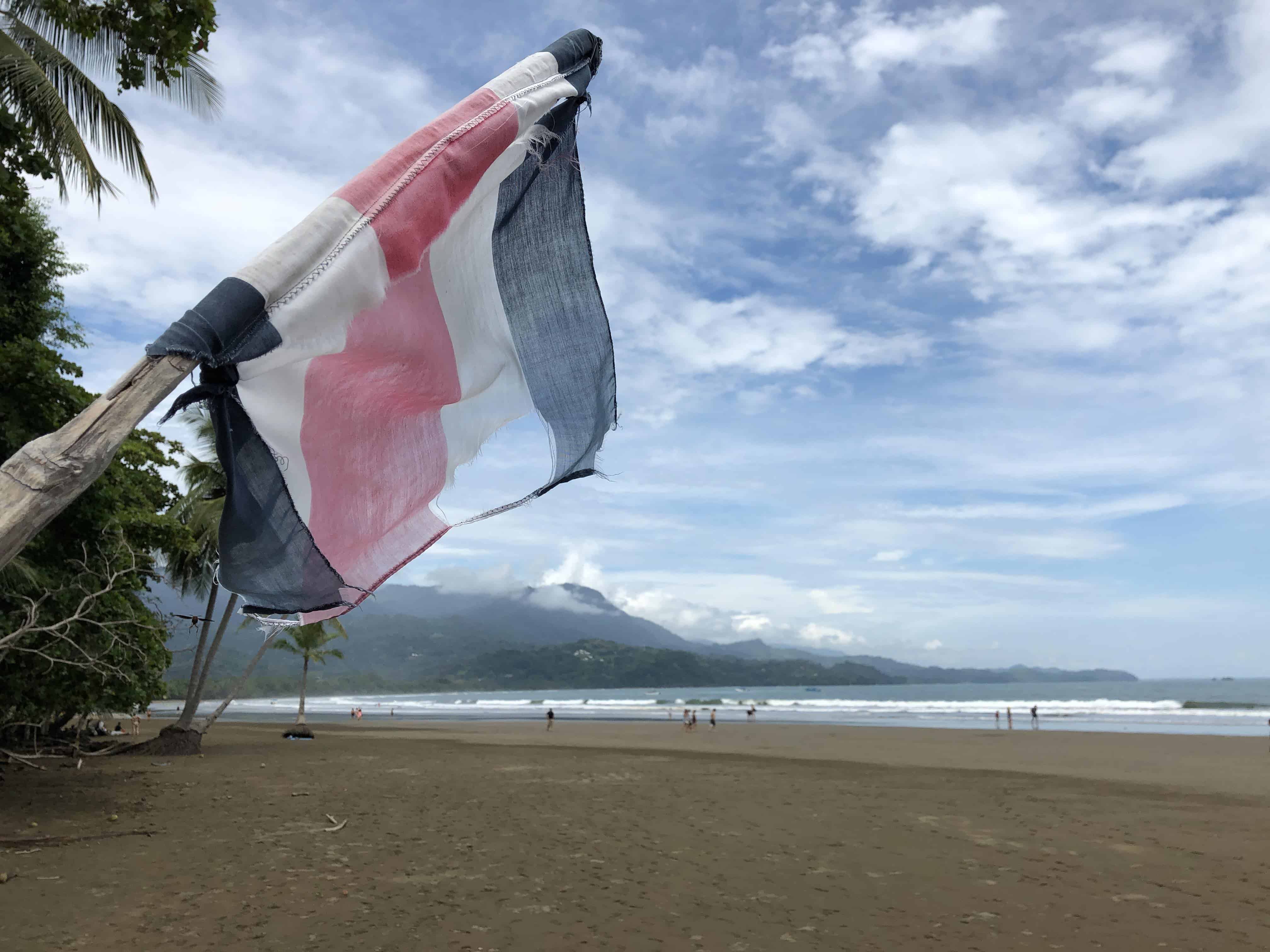Nature can contribute 30% of the solutions in the fight against global warming, says the Minister of Environment of Costa Rica, the architect of a new coalition to protect a third of the natural areas of the planet.
At COP25 in Madrid, a UN Climate Conference that seeks to incorporate the need to preserve biodiversity in the fight against warming, the Costa Rican Minister of Environment and Energy, Carlos Manuel Rodríguez, seeks to convince the maximum number of countries to act faster and with greater ambition.
It was a High Ambition Coalition of rich and developing countries who made possible in 2015 the Paris Agreement, the largest international commitment to curb climate change.
Together with five other countries — Finland, France, Gabon, Grenada and the United Kingdom — Costa Rica laid the first stone of the High Ambition Coalition (HAC) for Nature and People in October.
Its main objective: to protect 30% of the Earth’s natural spaces by 2030, an initiative that begins to be known as #30×30.
According to Rodríguez, about 20 countries, in addition to NGOs and scientists, have joined the Coalition so far. It will officially be launched during the World Congress of the International Union for the Conservation of Nature (IUCN), in June in Marseille (France).
Question: This COP25 was deemed a “blue COP” because it integrated the importance of the oceans in the fight against warming. Will any decision be taken in this regard?
Answer: I wish there was a commitment to start talking about it. But there will also be much more, with more ambitious elements in terms of time and strong language (in the final statement).
Q: What is the importance of nature in the fight against warming?
A: Nature-based solutions are essential to achieve + 1.5 ° C. But we are not giving them the attention or investment they require. These represent 30% of the climate solution and receive only 3% of international funds for mitigation and adaptation to warming.
Q: How are these solutions specified?
A: Natural ecosystems must be conserved. They can be forests, reefs, wetlands, mangroves, in Russia or in Costa Rica. A considerable amount of the ecosystems that were degraded and are not suitable for food production must also be restored through activities that increase biomass.
Q: In what state is the formation of the High Ambition Coalition?
A: We are in that phase of making ourselves known, inviting countries. We have about 20 countries in the North and South: island nations, African countries, Latin America, Europe and Asia. The main objective will be to protect 30% of the natural areas in 2030 and must be accompanied by a financial commitment. For this, there are many ideas but you have to make them politically palatable.
Q: What is the commitment of the North in respect to the South, which harbors much of nature?
A: The North is very interested in the South protecting its nature. Nature is the life insurance that we humans have. In addition, restoration will help, for example, Europe to be more resilient to climate change.
Q: How can 30% of the planet’s nature be protected?
A: You know how. The world has 50 years of experience in the field of nature protection management, with public, private and mixed schemes, with rural, indigenous communities. … The problem is efficiency, which is very low. Protected areas have to be functional, so that the nature of all the services we require to mitigate warming.









